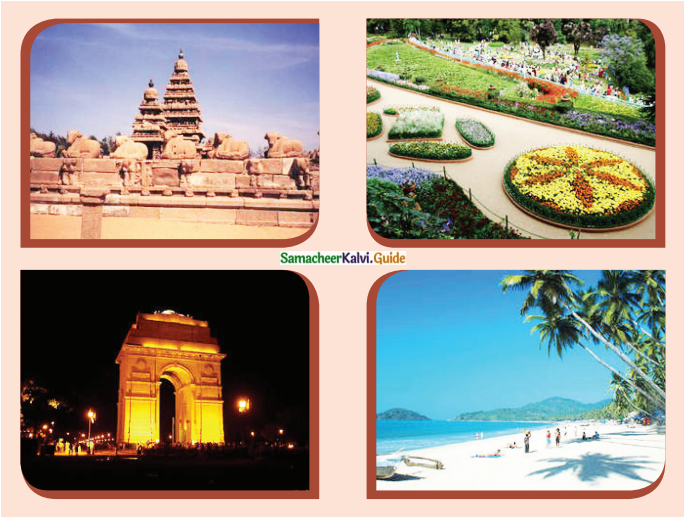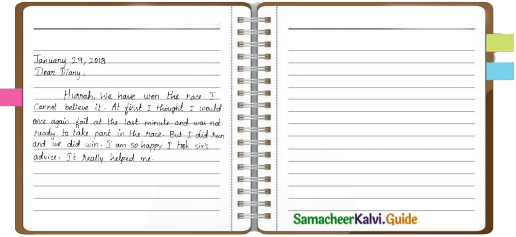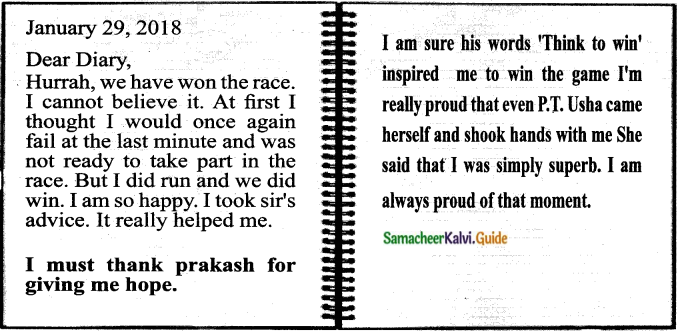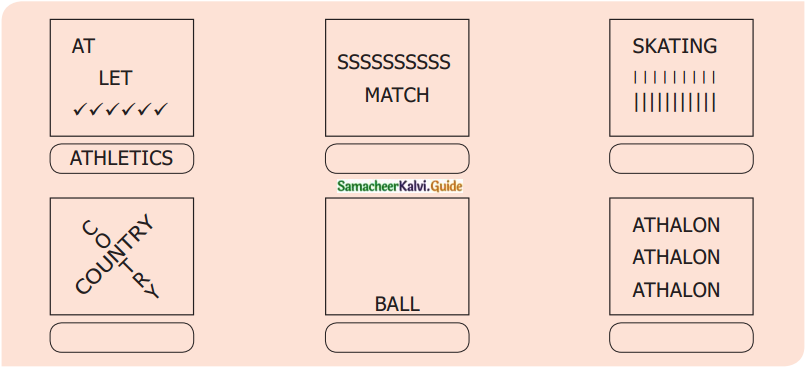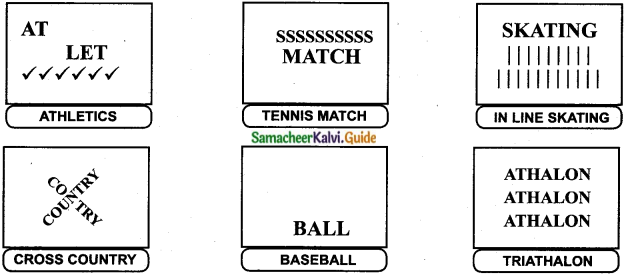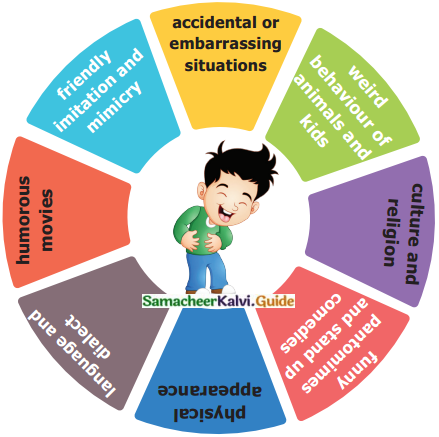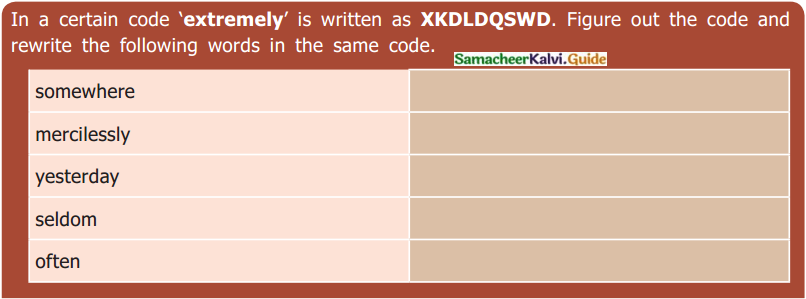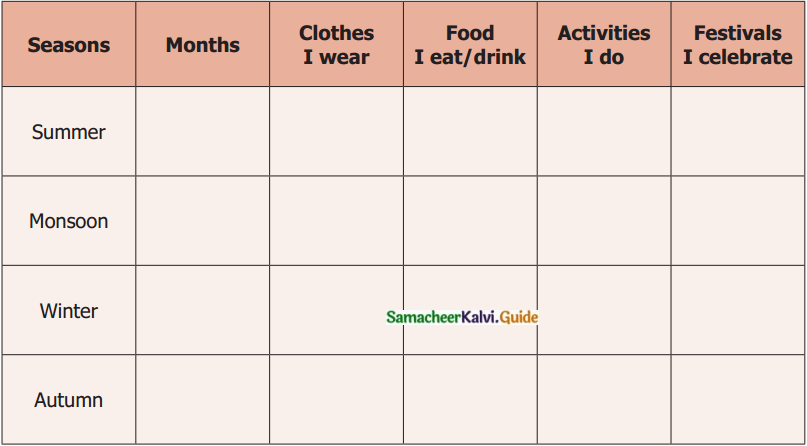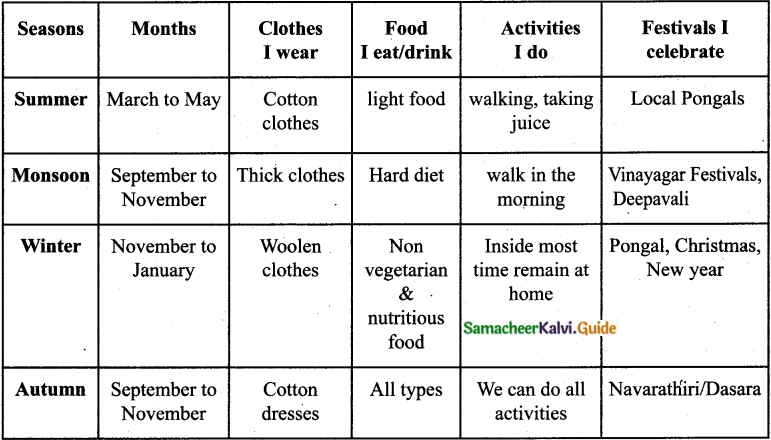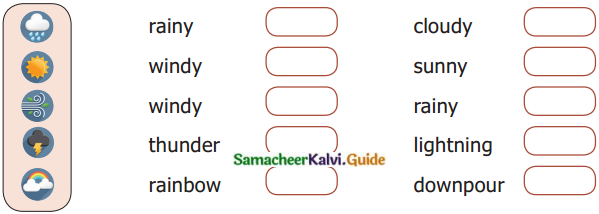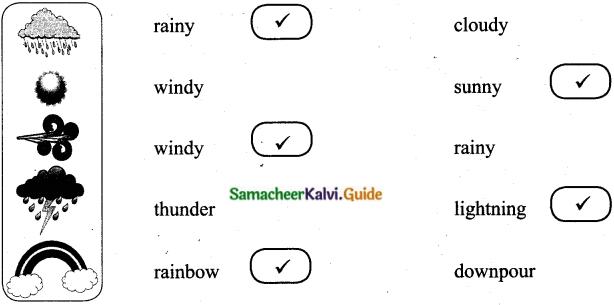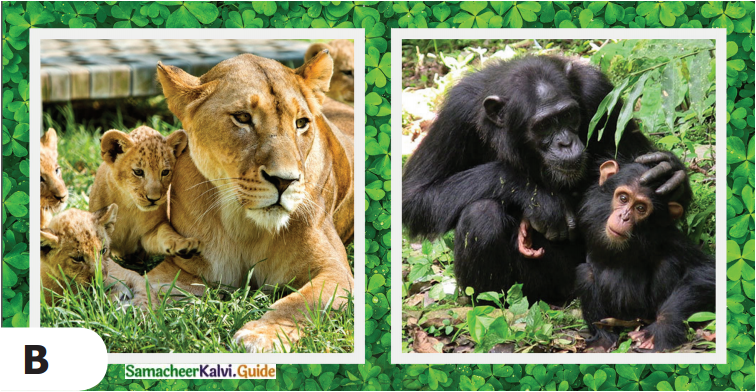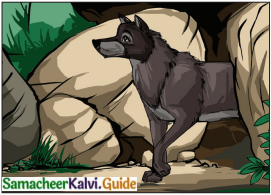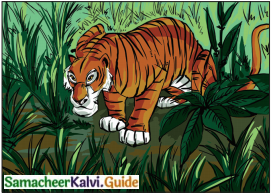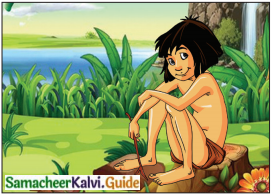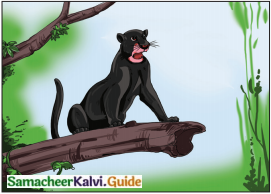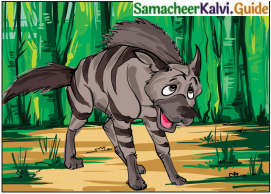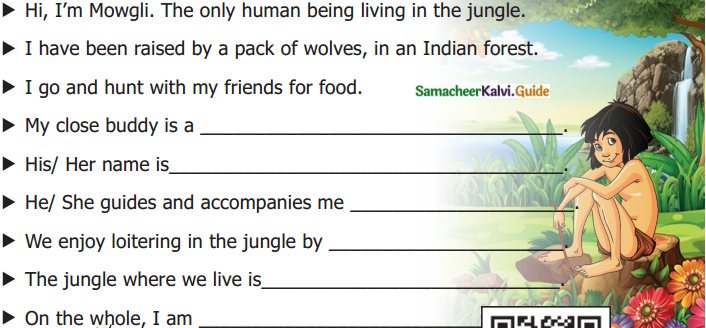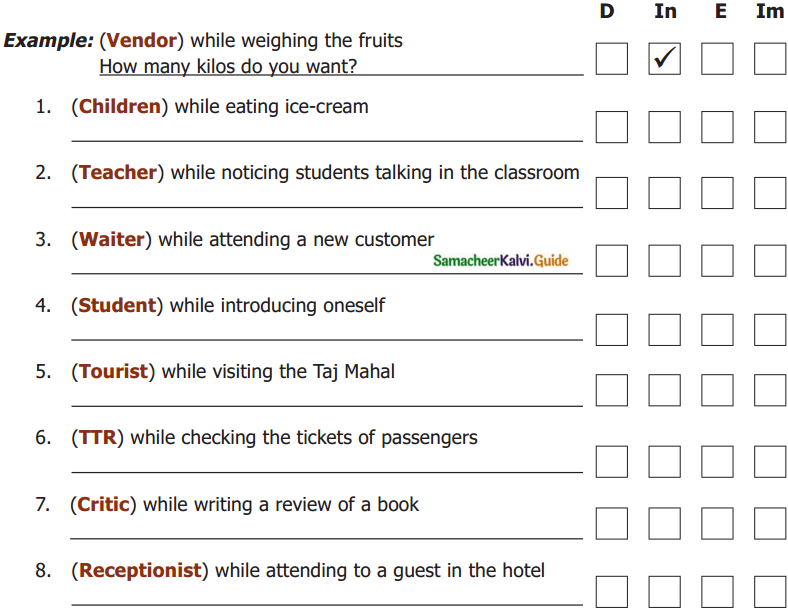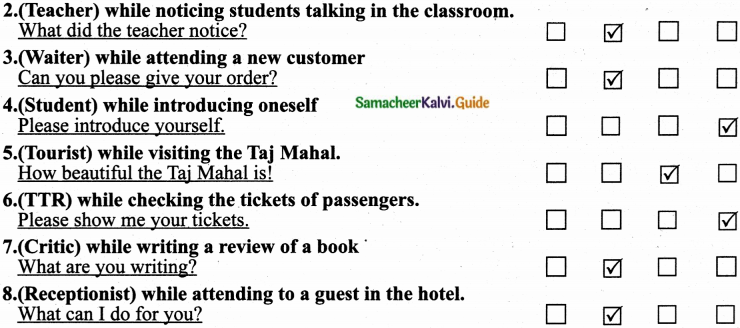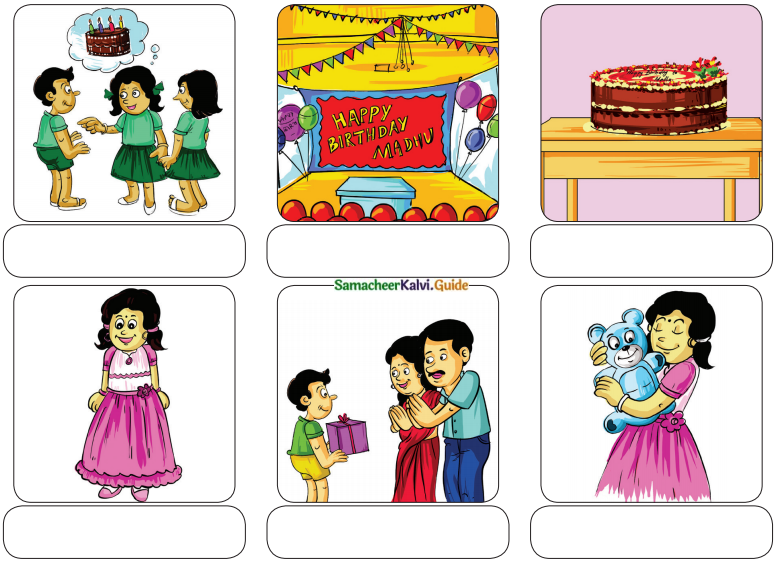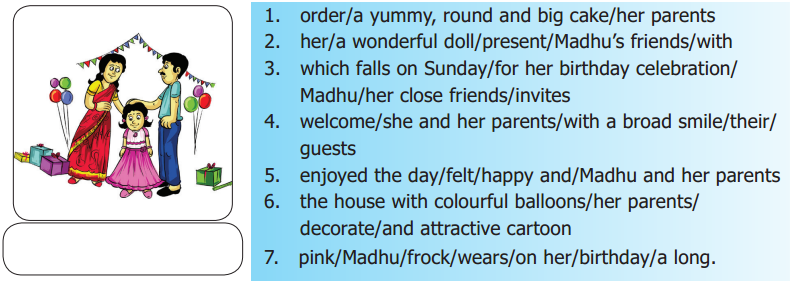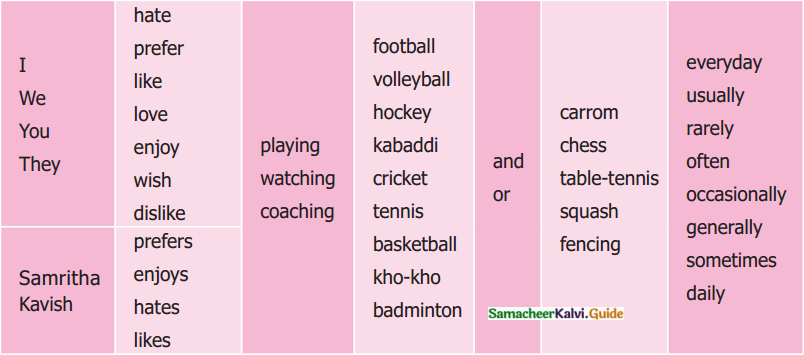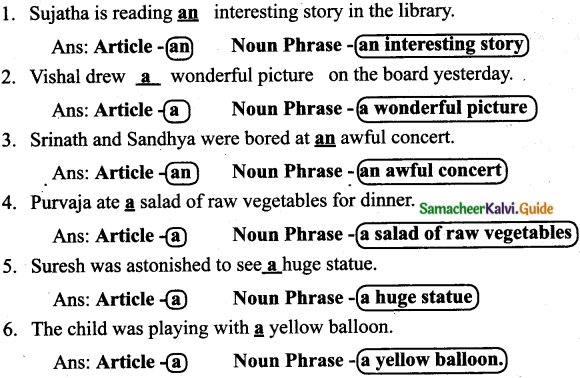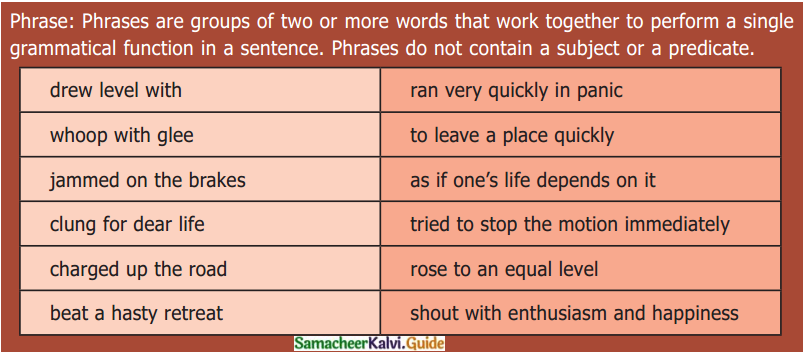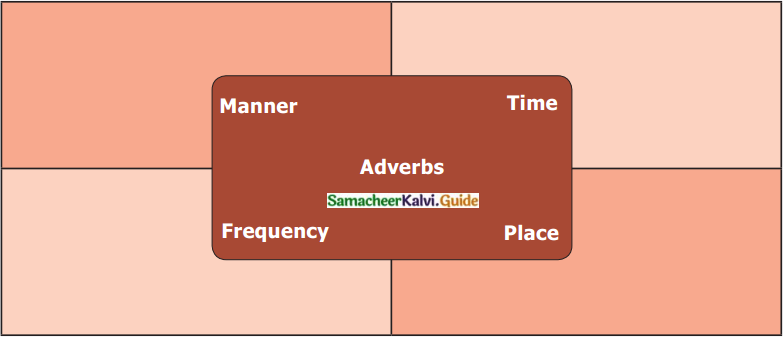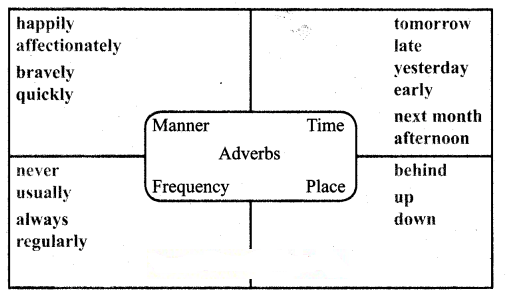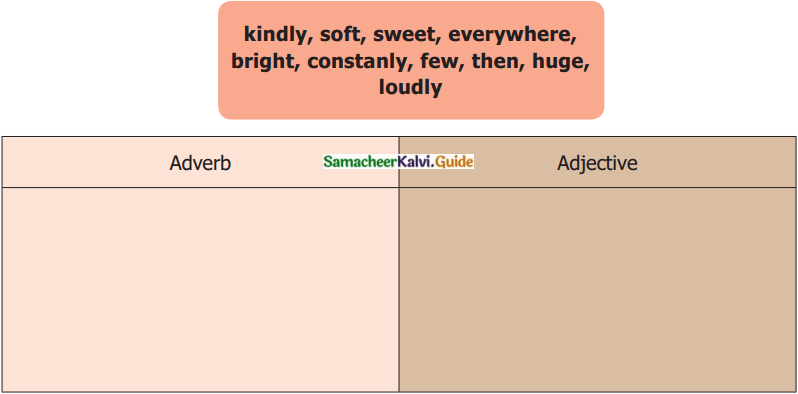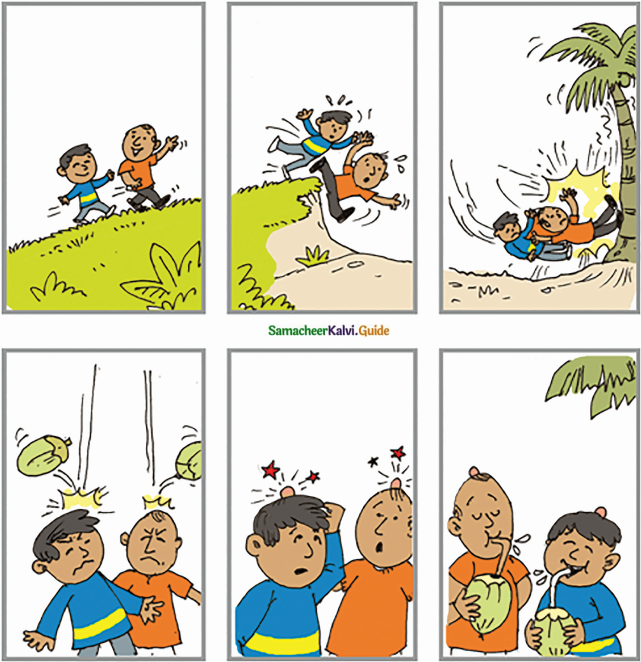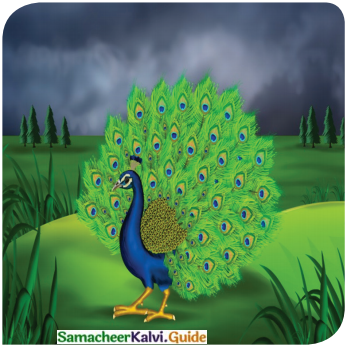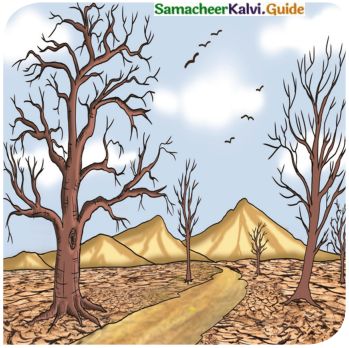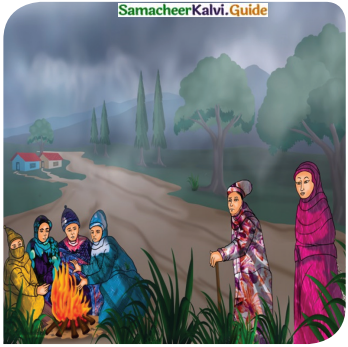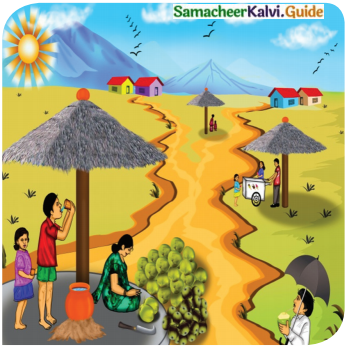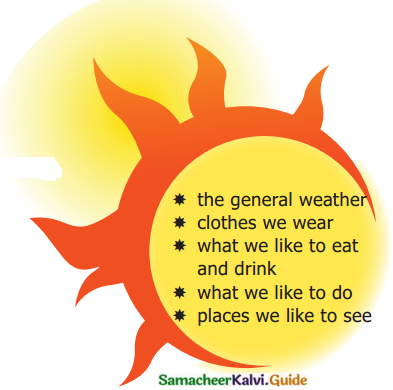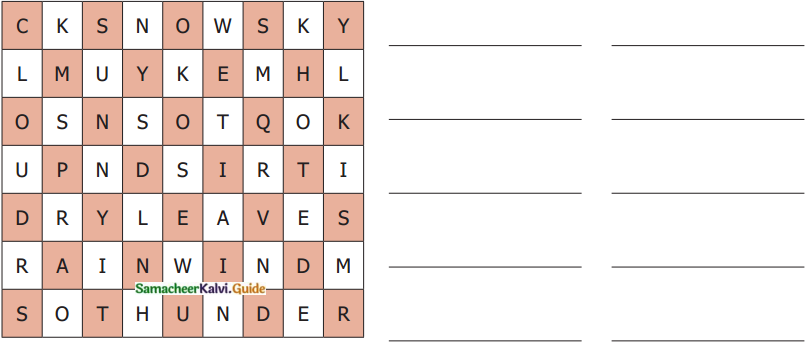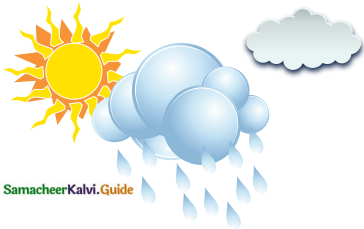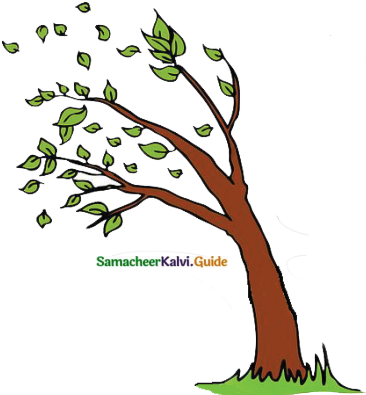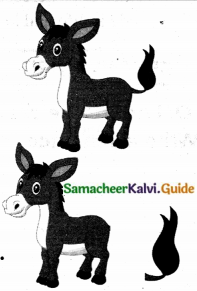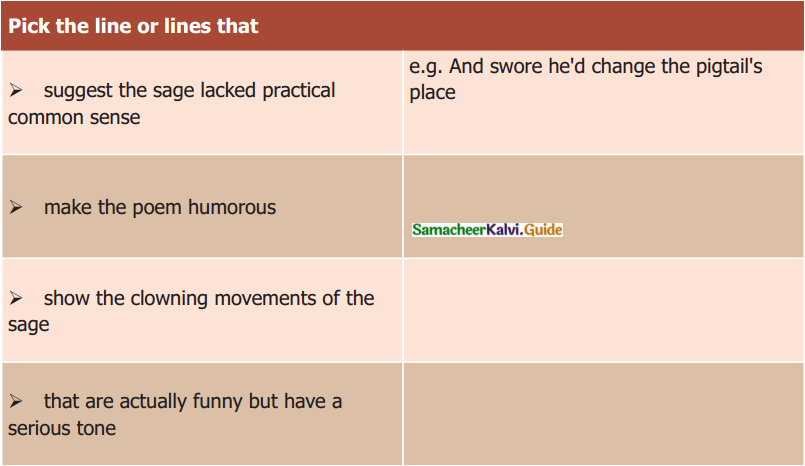Subject Matter Experts at SamacheerKalvi.Guide have created Tamil Nadu State Board Samacheer Kalvi 6th Maths Book Answers Solutions Guide Pdf Free Download of Term 1, 2, 3 in English Medium and Tamil Medium are part of Samacheer Kalvi 6th Books Solutions.
Let us look at these TN State Board New Syllabus Samacheer Kalvi 6th Std Maths Guide Pdf of Text Book Back Questions and Answers Term 1, 2, 3, Chapter Wise Important Questions, Study Material, Question Bank, Notes, Formulas and revise our understanding of the subject.
Samacheer Kalvi 6th Maths Book Solutions Guide Pdf Free Download
Tamilnadu State Board Samacheer Kalvi 6th Maths Book Back Answers Solutions Guide Term 1, 2, 3.
Samacheer Kalvi 6th Maths Book Back Answers
Samacheer Kalvi 6th Maths Book Solutions Term 1
Samacheer Kalvi 6th Maths Book Answers Chapter 1 Numbers
- Chapter 1 Numbers Ex 1.1
- Chapter 1 Numbers Ex 1.2
- Chapter 1 Numbers Ex 1.3
- Chapter 1 Numbers Ex 1.4
- Chapter 1 Numbers Ex 1.5
- Chapter 1 Numbers Ex 1.6
Samacheer Kalvi 6th Maths Book Solutions Chapter 2 Introduction to Algebra
- Chapter 2 Introduction to Algebra Ex 2.1
- Chapter 2 Introduction to Algebra Ex 2.2
- Chapter 2 Introduction to Algebra Ex 2.3
Samacheer Kalvi 6th Maths Guide Free Download Chapter 3 Ratio and Proportion
- Chapter 3 Ratio and Proportion Ex 3.1
- Chapter 3 Ratio and Proportion Ex 3.2
- Chapter 3 Ratio and Proportion Ex 3.3
- Chapter 3 Ratio and Proportion Ex 3.4
- Chapter 3 Ratio and Proportion Ex 3.5
Samacheer Kalvi 6th Maths Guide Pdf Chapter 4 Geometry
- Chapter 4 Geometry Ex 4.1
- Chapter 4 Geometry Ex 4.2
- Chapter 4 Geometry Ex 4.3
- Chapter 4 Geometry Ex 4.4
Samacheer Kalvi 6th Maths Book English Medium Chapter 5 Statistics
- Chapter 5 Statistics Ex 5.1
- Chapter 5 Statistics Ex 5.2
- Chapter 5 Statistics Ex 5.3
- Chapter 5 Statistics Ex 5.4
Samacheer Kalvi 6th Maths Solutions Term 1 Chapter 6 Information Processing
- Chapter 6 Information Processing Ex 6.1
- Chapter 6 Information Processing Ex 6.2
- Chapter 6 Information Processing Ex 6.3
Samacheer Kalvi 6th Maths Book Solutions Term 2
6th Std Maths Book Samacheer Kalvi Chapter 1 Numbers
Samacheer Kalvi 6th Maths Book Free Download Chapter 2 Measurements
Samacheer Kalvi 6th Std Maths Guide Chapter 3 Bill, Profit and Loss
6th Standard Maths Book in Tamil Samacheer Kalvi Chapter 4 Geometry
Samacheer Kalvi 6th Maths Solutions Term 2 Chapter 5 Information Processing
Samacheer Kalvi 6th Maths Book Solutions Term 3
6th Standard Samacheer Kalvi Maths Book Chapter 1 Fractions
- Chapter 1 Fractions Intext Questions
- Chapter 1 Fractions Ex 1.1
- Chapter 1 Fractions Ex 1.2
- Chapter 1 Fractions Additional Questions
Tamilnadu Board Class 6 Maths Chapter 2 Integers
- Chapter 2 Integers Intext Questions
- Chapter 2 Integers Ex 2.1
- Chapter 2 Integers Ex 2.2
- Chapter 2 Integers Additional Questions
Tamil Nadu State Board 6th Std Maths Chapter 3 Perimeter and Area
- Chapter 3 Perimeter and Area Intext Questions
- Chapter 3 Perimeter and Area Ex 3.1
- Chapter 3 Perimeter and Area Ex 3.2
- Chapter 3 Perimeter and Area Additional Questions
TN Samacheer Kalvi 6th Std Maths Chapter 4 Symmetry
- Chapter 4 Symmetry Intext Questions
- Chapter 4 Symmetry Ex 4.1
- Chapter 4 Symmetry Ex 4.2
- Chapter 4 Symmetry Additional Questions
Samacheer Kalvi 6th Maths Solutions Term 3 Chapter 5 Information Processing
- Chapter 5 Information Processing Intext Questions
- Chapter 5 Information Processing Ex 5.1
- Chapter 5 Information Processing Ex 5.2
- Chapter 5 Information Processing Additional Questions
Samacheer Kalvi 6th Standard Maths Guide Tamil Medium Pdf
6th Maths Guide Term 1 பருவம் – I
Samacheer Kalvi 6th Maths Guide Chapter 1 எண்கள்
- Chapter 1 எண்கள் Ex 1.1
- Chapter 1 எண்கள் Ex 1.2
- Chapter 1 எண்கள் Ex 1.3
- Chapter 1 எண்கள் Ex 1.4
- Chapter 1 எண்கள் Ex 1.5
- Chapter 1 எண்கள் Ex 1.6
Samacheer Kalvi 6th Std Maths Guide Pdf Chapter 2 இயற்கணிதம் – ஓர் அறிமுகம்
- Chapter 2 இயற்கணிதம் – ஓர் அறிமுகம் Ex 2.1
- Chapter 2 இயற்கணிதம் – ஓர் அறிமுகம் Ex 2.2
- Chapter 2 இயற்கணிதம் – ஓர் அறிமுகம் Ex 2.3
6th Std Maths Guide Pdf Download Chapter 3 விகிதம் மற்றும் விகித சமம்
- Chapter 3 விகிதம் மற்றும் விகித சமம் Ex 3.1
- Chapter 3 விகிதம் மற்றும் விகித சமம் Ex 3.2
- Chapter 3 விகிதம் மற்றும் விகித சமம் Ex 3.3
- Chapter 3 விகிதம் மற்றும் விகித சமம் Ex 3.4
- Chapter 3 விகிதம் மற்றும் விகித சமம் Ex 3.5
Samacheer Kalvi 6th Maths Book Solutions Chapter 4 வடிவியல்
- Chapter 4 வடிவியல் Ex 4.1
- Chapter 4 வடிவியல் Ex 4.2
- Chapter 4 வடிவியல் Ex 4.3
- Chapter 4 வடிவியல் Ex 4.4
6th Maths Book Back Questions And Answers Chapter 5 புள்ளியியல்
- Chapter 5 புள்ளியியல் Ex 5.1
- Chapter 5 புள்ளியியல் Ex 5.2
- Chapter 5 புள்ளியியல் Ex 5.3
- Chapter 5 புள்ளியியல் Ex 5.4
6th Samacheer Maths Guide Chapter 6 தகவல் செயலாக்கம்
- Chapter 6 தகவல் செயலாக்கம் Ex 6.1
- Chapter 6 தகவல் செயலாக்கம் Ex 6.2
- Chapter 6 தகவல் செயலாக்கம் Ex 6.3
6th Standard 2nd Term Maths Guide பருவம் – II
Maths 6th Guide Chapter 1 எண்கள்
Samacheer Kalvi Guru 6th Maths Chapter 2 அளவைகள்
Maths Guide For Class 6 Samacheer Kalvi Chapter 3 பட்டியல், இலாபம் மற்றும் நட்டம்
6th Standard Maths Book Answers Chapter 4 வடிவியல்
6th Maths Guide Term 2 Chapter 5 தகவல் செயலாக்கம்
6th Standard 3rd Term Maths Guide பருவம் – III
6th Standard 3rd Term Maths Guide Chapter 1 பின்னங்கள்
Samacheer Kalvi 6th Maths Book Back Answers Chapter 2 முழுக்கள்
6th Standard Maths Guide Pdf State Board Chapter 3 சுற்றளவு மற்றும் பரப்பளவு
Samacheer 6th Maths Guide Chapter 4 சமச்சீர்த்தன்மை
6th Standard Maths Guide Pdf Download Chapter 5 தகவல் செயலாக்கம்
We hope these Tamilnadu State Board Samacheer Kalvi Class 6th Maths Book Solutions Answers Pdf Free Download in English Medium and Tamil Medium will help you get through your subjective questions in the exam.
Let us know if you have any concerns regarding TN State Board New Syllabus Samacheer Kalvi 6th Standard Maths Guide Pdf of Text Book Back Questions and Answers Term 1, 2, 3, Chapter Wise Important Questions, Study Material, Question Bank, Notes, Formulas, drop a comment below and we will get back to you as soon as possible.




